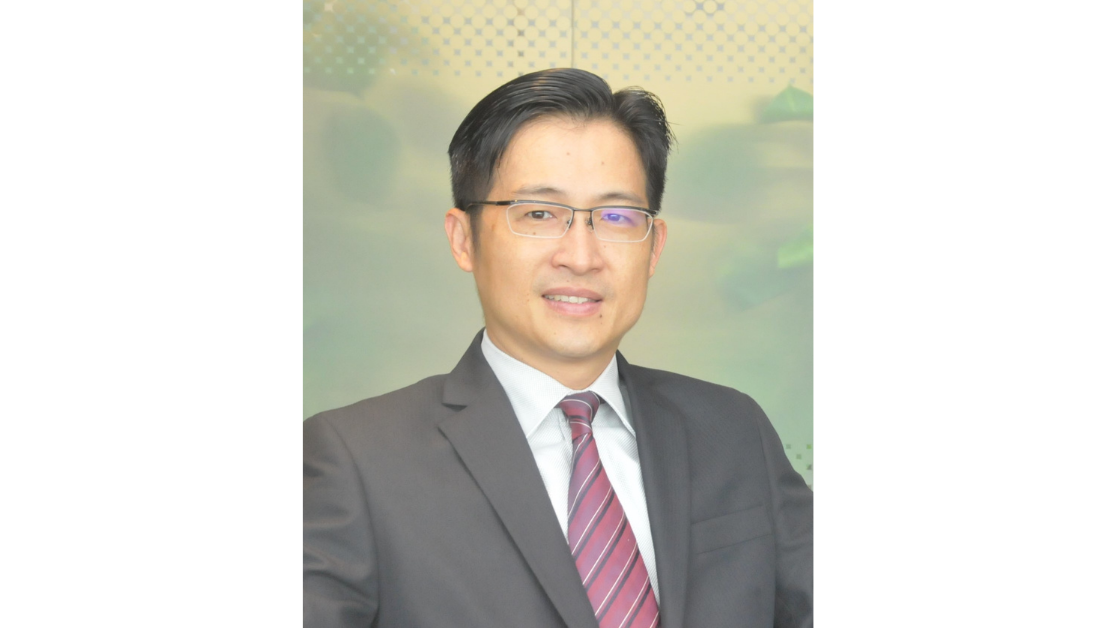
Purpose, strategic strength key to business’ quick, post-pandemic recovery
Technology investments are a must for a competitive edge, cost management.
Stanley Teo leads the Country Audit & Assurance unit at Deloitte Malaysia, with more than 25 years of experience in the public accounting practice. His experience includes auditing multinational corporations, public and private companies, mainly in the real estate, manufacturing and media sectors.
In his role, Teo provides statutory audit, assurance, reporting accountants, finance care, and Integrated Reporting services, amongst others. He is also a member of Deloitte Southeast Asia Audit & Assurance Executive Committee.
Teo is a member of the Malaysian Institute of Accountants and the Association of Chartered Certified Accountants UK, and a Council Member of the Malaysian Institute of Certified Public Accountants (MICPA) where he chairs the Financial Statements Review Committee.
As a judge in the Malaysia International and National Business Awards, Teo sat with Singapore Business Review to exchange thoughts on how companies need to take stock of their true strengths and weaknesses – pandemic or no – and make necessary changes if needed.
What are the most important experiences in your career that have shaped you as an audit and assurance leader?
Perseverance, giving the best in whatever you do and being optimistic.
Perseverance is key to achieving something meaningful in life. We are easily distracted by external forces or overwhelmed by challenges leading to the change in direction and hence, will never get to where we want to be. This can be an issue if it happens too often. To stay focused, one should dedicate your heart and soul to whatever they do and navigate the difficult situation. This will determine how far we can go in achieving the targets.
On the other hand, perseverance does not mean rigidly sticking to the original plan even though there is compelling evidence suggesting that revisions are necessary. We learn from experience, particularly the valuable experience of failures. Always have an open mind to review circumstances from time to time and be prepared to make revisions to the plan.
Lastly, be optimistic. We always fear the worst when we get into a difficult situation. Often fears will end up consuming most of our energy and fighting spirit which should have been channelled to overcome the difficulties. In most instances, the end result is not as bad as what was feared.
How is the pandemic changing the audit industry today and in the near future?
The pandemic has made a profound impact across the globe, affecting people from all walks of life. One of the most notable impacts of the pandemic is the emergence of the new workplace. Whilst technologies necessary for remote working have been around for a while, the mandatory WFH as a result of the pandemic has pushed for faster and more comprehensive adoption of these technologies. No one would have imagined that an audit could be conducted substantially away from our clients’ offices before the pandemic. This has created a new workplace culture where a hybrid workplace arrangement between physical and remote will be the way forward. Talent strategy will need to be adjusted accordingly.
This new workplace culture enables a team of professionals with different skillsets from various locations to be assembled to better serve the clients. This also gives rise to the new concept of cross border virtual mobility, where through the network of member firms, audit professionals from Malaysia can be part of the team auditing companies in other countries remotely creating new business opportunities and providing a different experience to our talents.
Which sectors do you think are coping well despite the pandemic and how are they doing this?
There are sectors that performed during the pandemic, for example, glove and mask manufacturing for medical reasons, and technology as WFH becomes a necessity. However, the exceptional profits made and the sky-high valuation of these companies are temporary as the pandemic will end, hopefully, sooner rather than later. Nonetheless, certain companies in sectors such as aviation that has born the brunt of the pandemic, have demonstrated great resilience, and some have emerged from it more nimble and agile. This is owed in part, to great leadership that took quick and decisive action at the beginning of the pandemic to review and change the business model & propositions, scenario planning, effective working capital management, accelerating digital transformation and etc. I have no doubt these companies will continue to thrive post-pandemic.
We ought to be mindful to not let an event like the pandemic mask the weaknesses that already exist in the organisation and defer making the painful but necessary changes. As we move closer to an endemic, the exceptional profits many companies made during the pandemic have disappeared, with some even beginning to incur losses. As Warren Buffet said, “Only when the tide goes out do you discover who’s been swimming naked.”
What advice can you give to companies looking to improve their financial dispositions?
Define the purpose of the company, identify the competitive advantages, and develop a business strategy that aligns with the purpose and reflects the competitive strengths.
Invest in technologies to gain an edge and better manage business costs.
Invest time, in addition to money, to build and maintain a team that is fully aligned with the purpose of the company and motivated to implement the business strategy.
As a judge in the Malaysia International and National Business Awards, what projects or innovations are you expecting to find amongst the entries?
Purpose and performance-driven companies who regularly generate “outside-the-box” ideas, and take disruptive measures, stay ahead of the pack. They should have a sustainable business model and be able to grow the business in a socially and ethically responsible manner.
























 Advertise
Advertise






